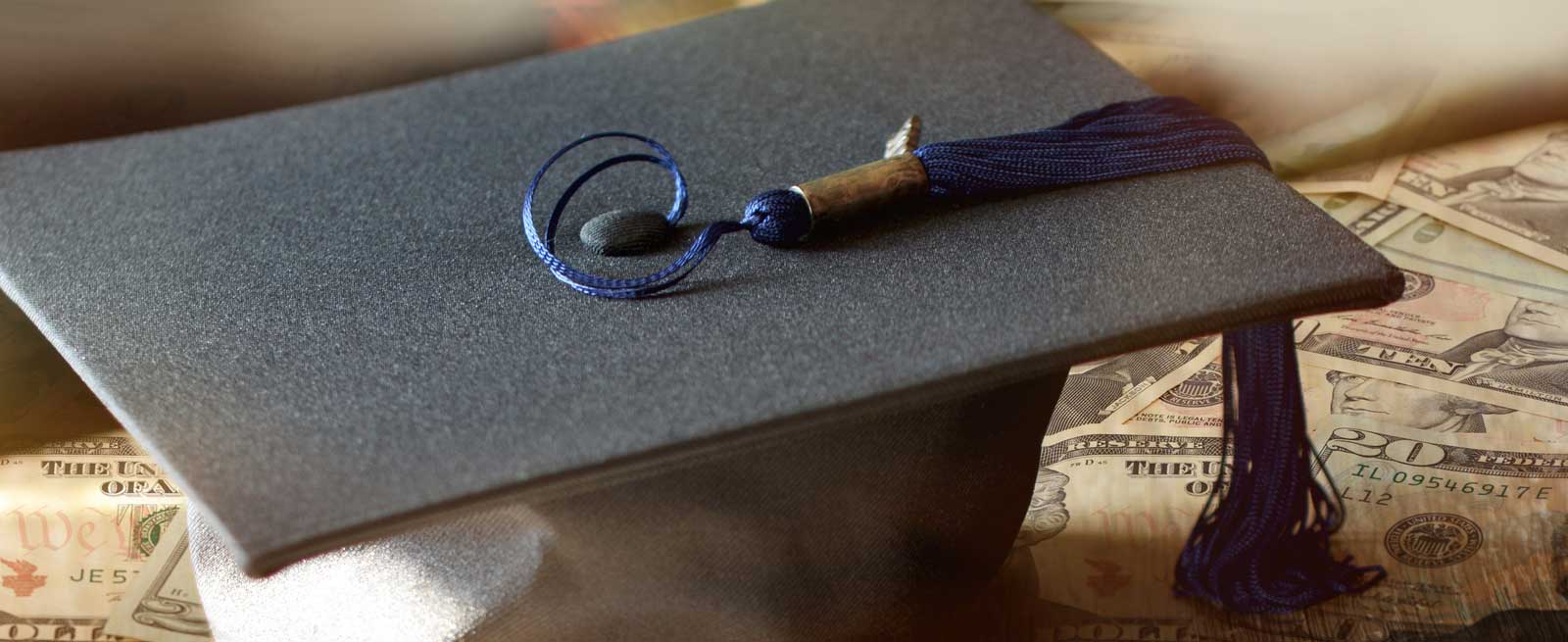
It seemed like a good idea at the time.
You borrowed money to pay for an education that would generate more than enough money for you to pay back the student loan. However, the combination of an economic recession and a decrease in demand for someone of your professional caliber has made paying back your student loans unexpectedly difficult to accomplish.
American culture looks down on debtors who fail to pay back credit issued for the purchase of products and services. However, we have implemented measures that help former students pay off the considerable debts accumulated for educational purposes.
The Deferment of Student Loans
Student loan deferments allow you to not make student loan payments for a specified time agreed to by you and the lender that provided you with tuition money. The deferment of student loan payments helps former students make the transition to a first job that pays barely enough money to meet living expenses. Student loan deferments also help former students who decide to pursue advanced degrees or are unable to secure employment that generates enough income to pay back a student loan. Most lenders that accept student loan deferment proposals stop interest rate charges from increasing the amount of student loan debt owed.
The Forbearance of a Student Loan
Student loan forbearance is a fancy way of saying a lender offers a grace period for paying back a student loan. However, student loan forbearance differs from student loan deferment in one way: Lenders charge interest during student loan forbearance grace periods. This is an important distinction, as interest rate charges on large student loans can put borrowers on the brink of economic hardship. Student loan forbearances are typically easier to approve because lenders do not have to abide by the regulations imposed on student loan deferment plans.
Does Bankruptcy Lead to Student Loan Discharge?
Many former students who file for bankruptcy believe students loans fall under the category of debts discharged because of financial insolvency. Under current federal statutes, discharging a student loan because of bankruptcy is nearly impossible to accomplish. As with federal income taxes, student loans typically are exempt from bankruptcy protection. You must prove that the repayment of a student loan causes you serious economic hardship, such as taking money away from paying for groceries. Filing for bankruptcy might not cancel a student loan, but you can seek partial cancellation based on the proof of your inability to repay the student loan.
The Reasons Why Lenders Modify Student Loan Agreements
Economic hardship caused by unemployment or physical disabilities leads the list of reasons why lenders modify student loan agreements. A growing number of consumer debt attorneys seek student loan relief for mental disabilities. However, the mental disabilities must have occurred after the issuance of a student loan. Courts do not require lenders to assess the mental state of students who take out loans for higher education programs. Student loan forgiveness happens most often for health care and law enforcement professionals. Most lenders offer at least a deferment for borrowers who are currently enrolled in school. Student loan borrowers who come from or teach needy populations also receive relief from student loan lenders. Lenders also write off student loans for borrowers who have died, unless someone co-signed a student loan to make him or her financially liable for paying back the loan.
When student loan debt becomes too much to handle, you need to contact a debt and bankruptcy attorney who can offer advice on how reduce your student loan burden. Make sure the attorney specializes in handling student loan forgiveness cases.
